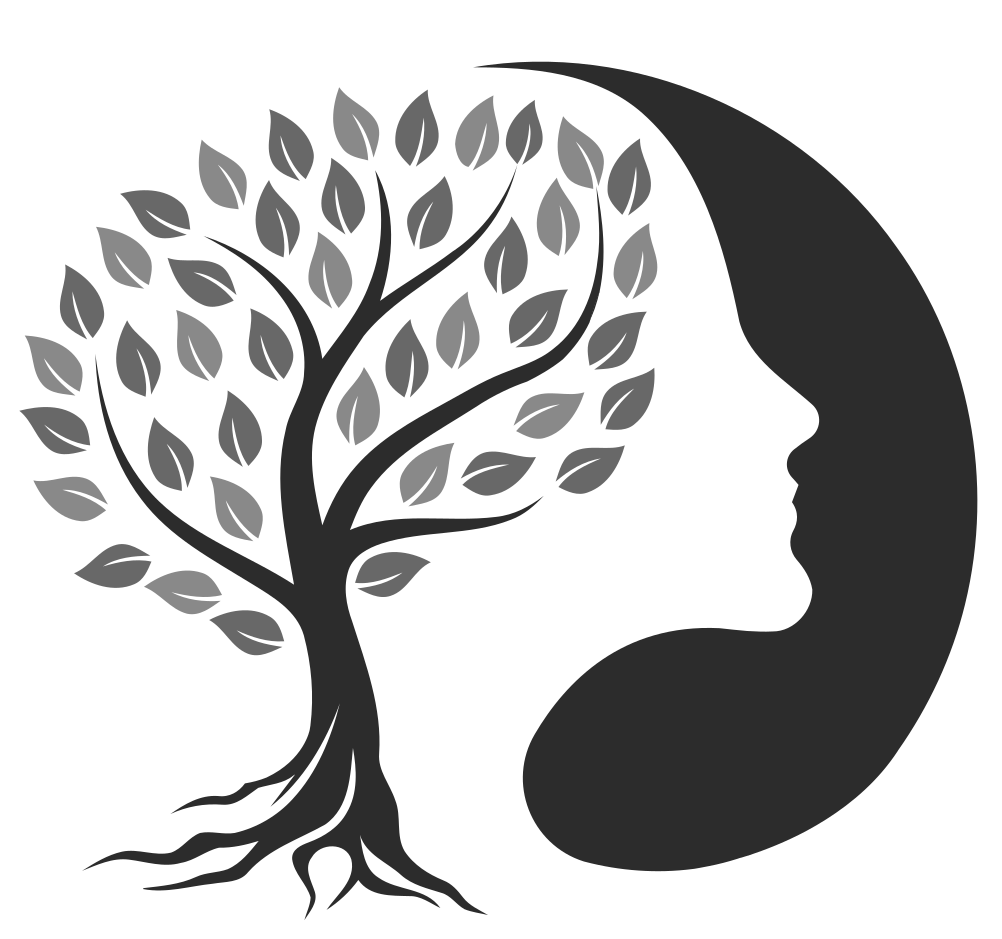Humanistic psychology is a psychological perspective that emphasizes the human capacity for growth, self-determination, and personal responsibility. It emerged in the 1950s and 1960s as a reaction to behaviorism and psychoanalysis, placing greater emphasis on subjective experience, self-awareness, and individual agency than other approaches.
The core idea of humanistic psychology is that people are inherently good, capable of making rational choices, and able to direct their own lives. This perspective views human beings as unique individuals with their own subjective experiences and motivations, rather than as objects to be studied and manipulated.
Humanistic psychology focuses on several key themes, including:
- The importance of personal growth and self-actualization
- The role of human experience and consciousness
- The significance of human relationships
- The need for individual freedom and self-determination
Key concepts in humanistic psychology include self-actualization, authenticity, unconditional positive regard, and empathy.
Humanistic therapy is a therapeutic approach rooted in the principles of humanistic psychology. It emphasizes the importance of the therapeutic relationship, the client's subjective experience, and the need for empathy and understanding. Humanistic therapy is often used to address a wide range of issues, including anxiety, depression, relationship difficulties, and self-esteem challenges.
